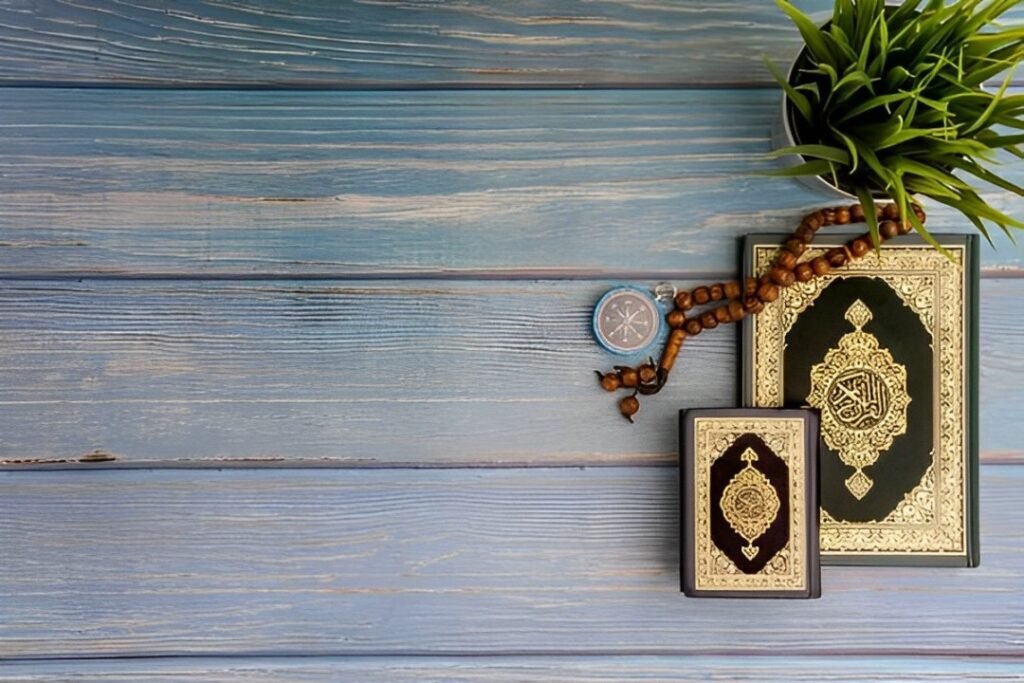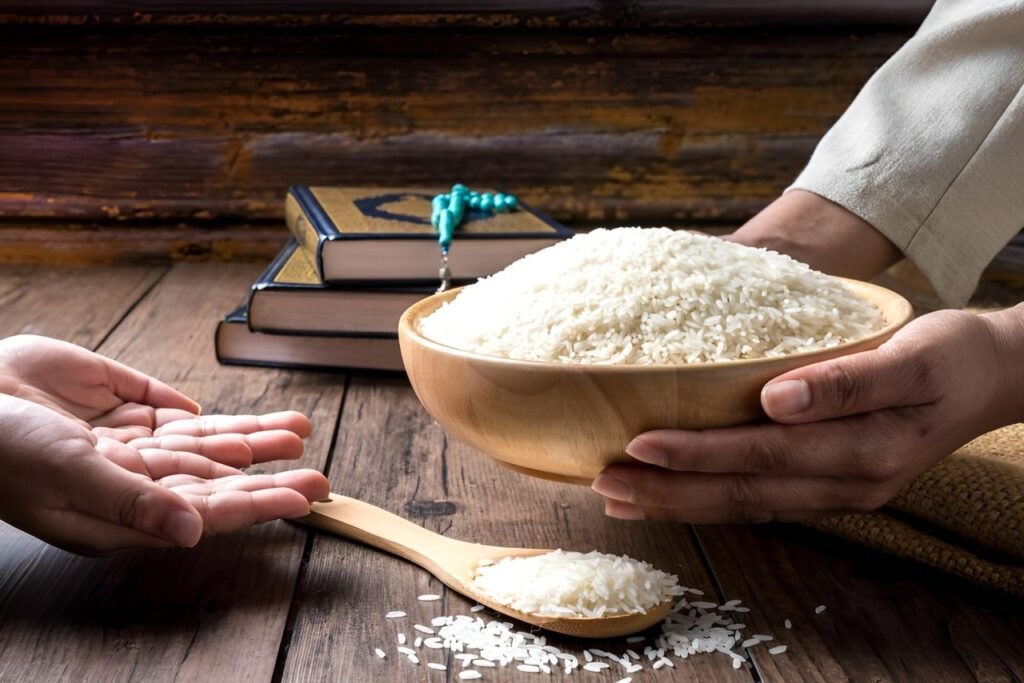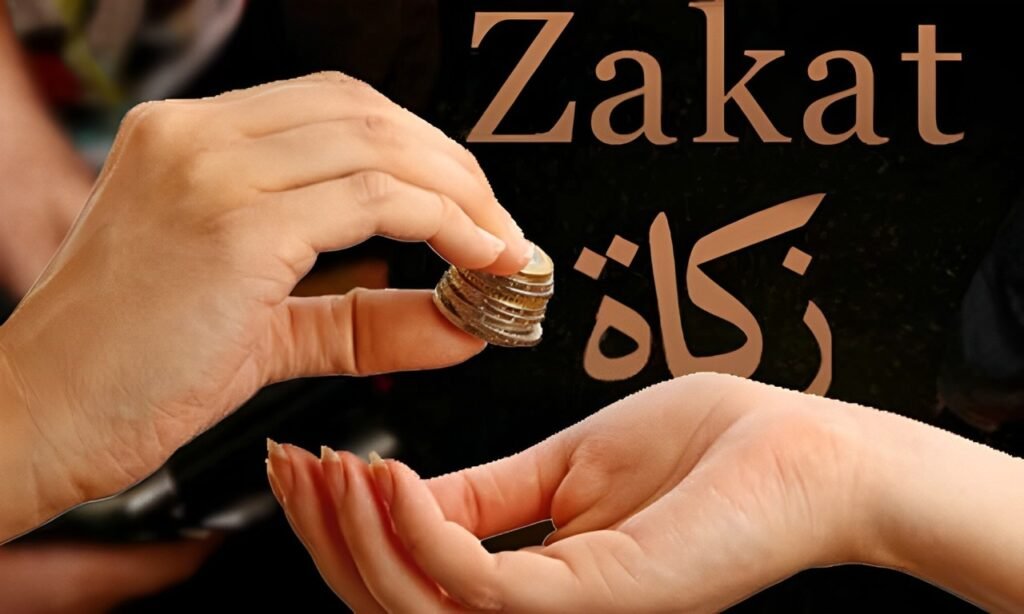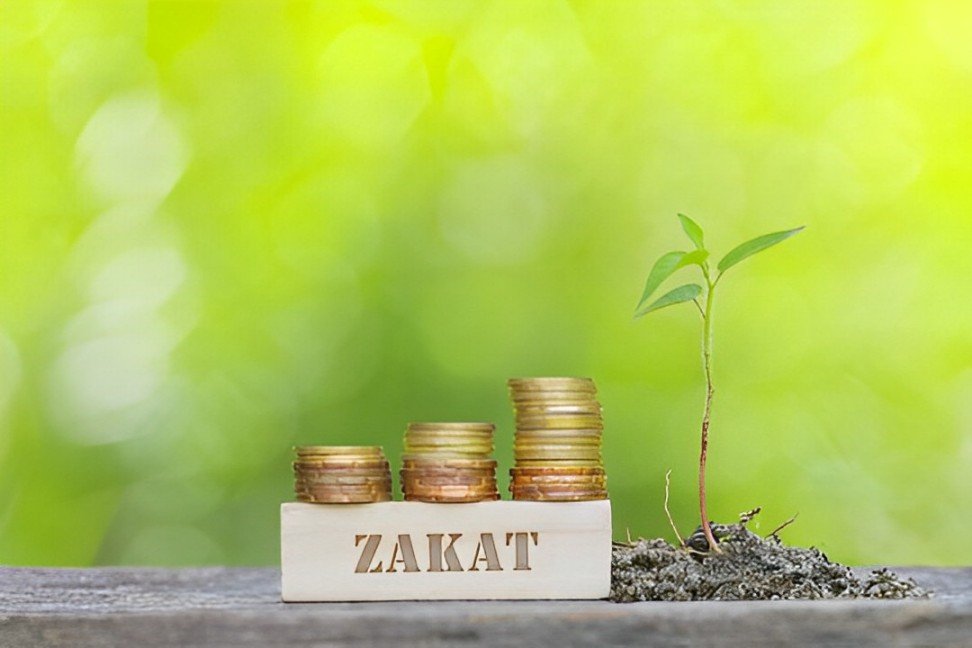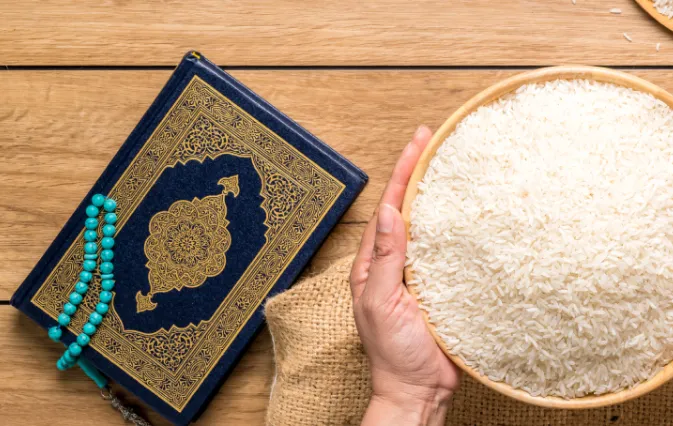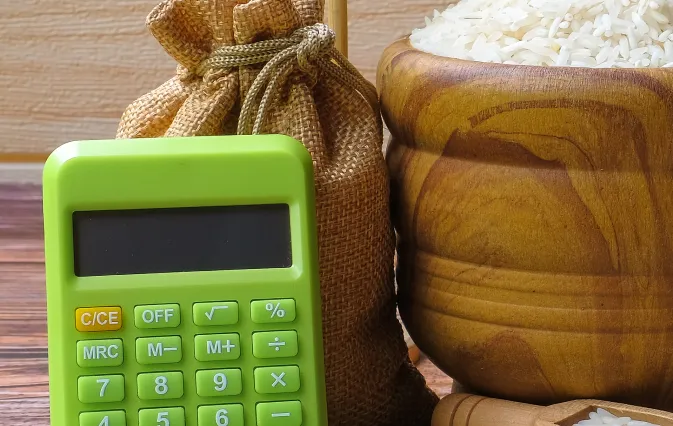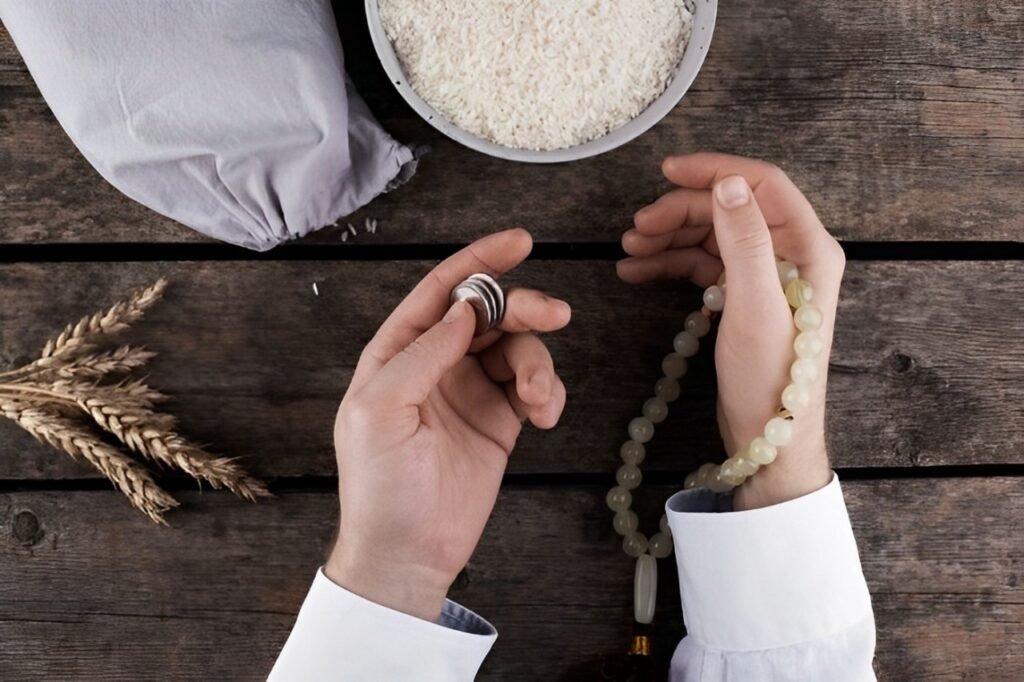Zakat
An integral obligation in Islam, is a yearly charitable offering. It is incumbent upon financially able Muslims whose assets exceed the Nisab threshold for one Islamic (lunar) year. This act of generosity is beloved to Allah (SWT). Contributions are directed towards assisting the needy, adhering to the teachings of the Prophet Muhammad (peace be upon him) who said, ‘The believer’s shade on the Day of Resurrection will be his charity.

